Best Nutrition Inspire
Take charge of your health journey with Best Nutrition Inspire and Shivani Sharma, an expert in personalized nutrition strategies. I specialize in sustainable weight management and address conditions like diabetes, thyroid disorders, and hormonal health. By providing science-backed, tailored guidance, I empower you to achieve wellness. At Best Nutrition Inspire, I offer expert nutrition advice and create customized diet plans, ensuring you achieve lasting results and enjoy a healthier, more vibrant life.
Nutrition is the study of nutrients in food, how the body uses them, and the relationship between diet, health, and disease. By understanding these connections, experts can offer valuable insights into improving overall health and preventing disease.

There are 6 major nutrition we get from Dietary Intake
1.Proteins :-
Proteins play a key nutrition role in helping your body grow, develop, and stay healthy. by nutrition repair tissues, transport oxygen, support digestion, and regulate hormones. after that You can get protein from a variety of foods, including meat, seafood, eggs, beans, peas, lentils, and nuts.
2.Carbohydrates:-
Carbohydrates, often called “energy boosters,” serve as your body’s primary source of fuel. These vital nutrients break down into glucose (blood sugar), which energizes your cells and keeps you active throughout the day. You can find these essential carbs in wholesome foods like pasta, bread, rice, potatoes, cereals, fruits, milk, and natural sugars. Therefore, carbohydrates play a key role in maintaining a balanced diet.
3.Fat:-
Fats, often called “nutritional powerhouses,” play a crucial role in maintaining your body’s health and vitality. They store energy, protect your organs, support cell growth, and help your body absorb essential nutrients. As a result, fats are an indispensable part of healthy nutrition practices. You’ll find two types of fats: saturated fats, often labeled as the “bad” kind, and unsaturated fats, which are celebrated as the “good” kind. To make healthier choices, focus on foods rich in unsaturated fats, such as oils, nuts, seeds, and avocados. By doing so, you can elevate your nutrition and enhance your overall well-being.
4.Vitamins:-
Nutrition Two Types of vitamins
- Water-soluble- vitamins, such as Vitamin C and B-complex, are vital for your body’s daily functions but are not stored within. This means they need to be replenished every day through a nutrition-rich diet to maintain optimal health.
- Fat soluble vitamins- (like Vitamins A, D, E, and K): These are stored in your body’s fat and liver, so they don’t need to be consumed as often.The best nutrition creates a balance that inspires your body to perform at its peak, while also ensuring lasting vitality. By focusing on nourishing foods, you empower your body to thrive and maintain energy throughout the day
Water soluble vitamins:-
B-1 (Thiamin)
- Too Little: Causes conditions like beriberi and Wernicke-Korsakoff syndrome.
- Too Much: No known issues, as excess is excreted in urine.
- Sources: Fortified cereals, rice, pork, trout, black beans.
B-2 (Riboflavin)
- Too Little: Can cause skin problems, hormonal imbalances, and swelling in the mouth and throat.
- Too Much: No known issues, as excess is excreted in urine.
- Sources: Beef liver, oats, yogurt, mushrooms, almonds, fortified cereals.
B-3 (Niacin)
- Too Little: Leads to pellagra, which includes skin changes, red tongue, and digestive and neurological issues.
- Too Much: nutrition Can cause facial flushing, burning, itching, headaches, and dizziness.
- Sources: Chicken breast, brown rice, peanuts, beef liver, fortified cereals.
B-5 (Pantothenic Acid)
- Too Little: Causes numbness, burning in hands and feet, fatigue, and stomach pain.
- Too Much: May cause digestive problems in high nutrition doses.
- Sources: Shiitake mushrooms, sunflower seeds, beef liver, fortified cereals.
B-7 (Biotin)
- Too Little: Causes hair loss, skin rashes around eyes and other body areas, and conjunctivitis.
- Too Much: No known adverse effects.
- Sources: Eggs, salmon, sunflower seeds, beef liver, sweet potatoes.
B-9 (Folic Acid/Folate)
- Too Little: Leads to weakness, fatigue, heart palpitations, and shortness of breath.
- Too Much: May increase cancer risk.
- Sources: Spinach, asparagus, fortified cereals, black-eyed peas, beef liver.
B-12 (Cobalamins)
- Too Little: Causes anemia, fatigue, weight loss, and neurological changes.
- Too Much: No known adverse effects.
- Sources: Clams, oily fish, fortified cereals, plant milks, beef liver.
Vitamin C (Ascorbic Acid)
- Too Little: Results in scurvy, with symptoms like fatigue, gum inflammation, and poor wound healing.
- Too Much: Can lead to nausea, diarrhea, and stomach cramps.
- Sources: Citrus fruits, berries, peppers, kiwi, broccoli, baked potatoes, fortified juices.
Your body can’t store water-soluble vitamins and Nutrition gets rid of them quickly, so it’s important to consume them regularly to stay healthy.
Fat-soluble vitamins:-
Vitamin A
Not getting enough of this best nutrient can lead to night blindness. However, consuming too much may cause nausea, dizziness, skin irritation, and even joint pain. To maintain a healthy balance, you can find it in sweet potatoes, beef liver, spinach, carrots, and winter squash. By including these foods in your diet, you can support your vision and overall well-being.
Vitamin D
A deficiency in this nutrient can result in weak bones and poor bone formation. On the other hand, consuming too much can lead to weight loss, changes in heart rhythm, and even damage to your heart or kidneys. To maintain a healthy balance, get it from sunlight, cod liver oil, oily fish, dairy products, or fortified juices. By incorporating these sources into your routine, Nutrition support your bone health and overall well-being.
Vitamin E
Without enough of this nutrient, you might experience nerve damage, vision issues, or a weaker immune system. However, on the flip side, too much vitamin E could reduce your blood’s ability to clot. You can find it in wheat germ, nuts, seeds, sunflower oil, safflower oil, and spinach. By adding these foods to your diet, you can help maintain a healthy balance and support your overall well-being.
Vitamin K
A lack of this vitamin can lead to bleeding issues. However, getting too much typically doesn’t cause adverse effects, though it might interfere with blood thinners. You can commonly find it in leafy greens, soybeans, edamame, and okra. By including these foods in your diet, you can support your body’s needs and maintain a healthy balance.
Micronutrients:-
Minerals-Micronutrients are essential in small amounts. They include vitamins and minerals. Manufacturers sometimes add these to foods. Examples include fortified cereals and rice.
- Potassium: Supports the proper functioning of your kidneys, heart, muscles, and nervous system.
- Sodium: Helps your nerves and muscles work and regulates fluid levels in your body to prevent swelling.
- Calcium: Essential for building strong bones and teeth.
- Phosphorus: Works with calcium to keep bones and teeth healthy and helps form DNA and RNA.
- Magnesium: Aids in muscle and nerve function and plays a key role in energy production.
- Zinc: Boosts your immune system and helps your metabolism work efficiently.
- Iron: Needed to create red blood cells, which transport oxygen throughout your body.
Each of these minerals plays a vital role in keeping your body strong and healthy nutrition.
Water:-
Water plays a vital role in keeping your body functioning properly, as it makes up about 60% of your body. Health experts recommend drinking 2 liters, or 8 glasses, of water daily. However, you can also get water from dietary sources like fruits and vegetables. When you stay hydrated, your urine will appear pale yellow, which is a good indicator. Drinking enough water helps regulate your body temperature, lubricates your joints, protects your spinal cord, and supports the elimination of waste through sweat, urine, and bowel movements. Therefore, staying hydrated is essential for maintaining good health and proper nutrition.
Antioxidants-
Some nutrients also serve as antioxidants. These nutrients include vitamins, minerals, proteins, or other types of molecules. They help your body remove toxic substances called free radicals or reactive oxygen species. When these substances accumulate, they can damage cells and cause diseases.
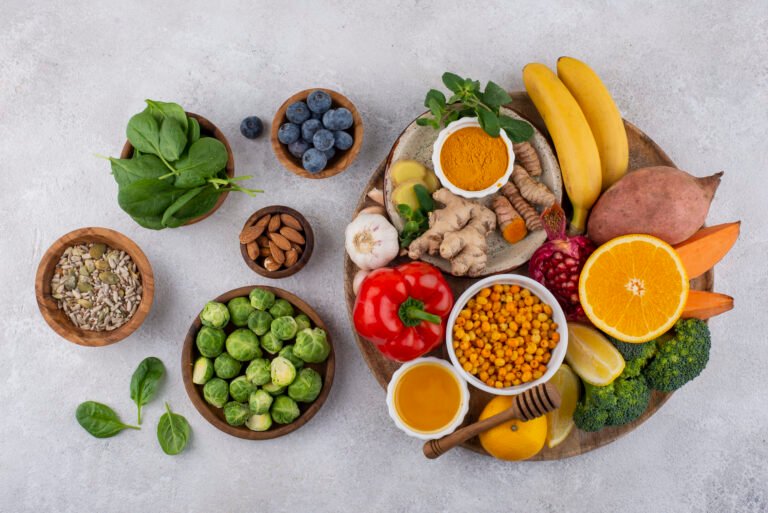
How can antioxidants benefit our well-balanced nutrition?
Plant-based foods, such as fruits, vegetables, nuts, and seeds, offer the best sources of antioxidants. These natural antioxidants come from phytonutrients—nutrients in plants that support your overall health and well-being. By adding antioxidant-rich foods to your diet, you can reduce inflammation, boost your immunity, and promote long-term wellness. As a result, incorporating these foods can have a lasting positive impact on your health.
Benefits:-
Certain factors can increase oxidative stress in the body, which may damage cells. These include:
Overworking mitochondria, which produce energy in your cells, can contribute to oxidative stress. Additionally, excessive exercise, tissue damage from inflammation or injuries, and restricted blood flow followed by its sudden return (reperfusion) also harm your body. Consuming unhealthy foods, such as processed and refined items, trans fats, artificial sweeteners, dyes, and additives, increases the risk. Moreover, pollution in the air, radiation exposure, and contact with harmful chemicals like pesticides, industrial solvents, and certain drugs, including chemotherapy, can further worsen oxidative stress. Lastly, breathing in ozone can also cause damage to your body over time.
Types of Nutrition sources
Examples of antioxidants that come from outside the body include.
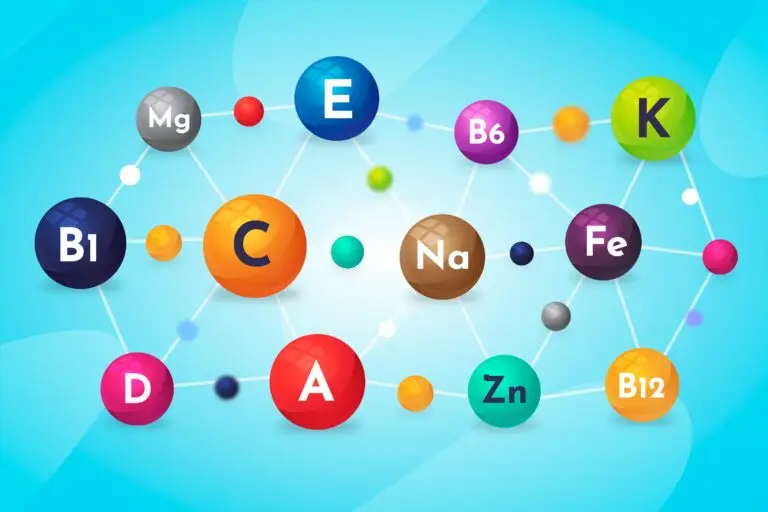
- Vitamin A: Supports good vision, strengthens the immune system, and keeps your skin healthy.
- Vitamin C: Boosts your immune system, promotes skin health, and helps your body absorb
- Vitamin E: Protects your cells from damage, supports skin health, and strengthens your immune system.
- Beta-Carotene: Acts as an antioxidant and converts into vitamin A to improve vision and immunity.
- Lycopene: Provides a powerful antioxidant found in red and pink fruits that supports heart health and may reduce cancer risk.
- Lutein: Protects your eyes and helps prevent vision loss, earning the title “eye vitamin.”
- Selenium: Boosts your immunity and protects cells from damage.
- Manganese: Supports bone health, aids metabolism, and promotes wound healing.
- Zeaxanthin: Works with lutein to shield your eyes from harmful light and improve vision.
A Guide to Antioxidant Nutrition
Antioxidants naturally protect your cells from damage, and you can find them in plant-based foods like blueberries, spinach, cocoa, and beans. These powerful nutrients help fight oxidative stress, which occurs when free radicals—unstable molecules—damage your cells. If left unchecked, free radicals can cause oxidative stress and increase the risk of chronic health conditions, such as cancer, heart disease, and aging-related issues.
By adding antioxidant-rich foods to your diet, you can reduce these risks and support your overall health. For the maximum benefit, start by including colorful fruits, vegetables, and whole foods in your meals. This simple step can have a lasting positive impact on your well-being.
1. Blueberries:-

- Blueberries offer big benefits as a nutrient-rich superfood, all while staying low in calories.
- Research shows that wild blueberries are packed with antioxidants, which nutrition protect your cells from damage caused by free radicals.
- By adding blueberries to your diet, you can boost your antioxidant intake and support your overall well-being.
- Enjoy them fresh, frozen, or blended into smoothies to maximize their powerful health benefits.
2. Dark chocolate-
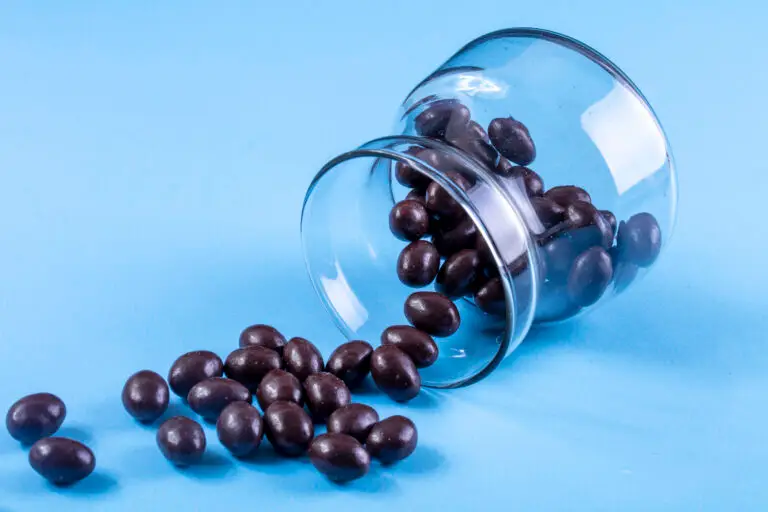
A delicious way to boost your health, good-quality dark chocolate is not just a treat—it’s a powerhouse of nutrients and antioxidants. In fact, research suggests that enjoying dark chocolate in moderation can offer several health benefits, including improved heart health, better brain function, and enhanced mood.
- Improve blood flow and lower bad cholesterol (LDL) to reduce the risk of heart disease.
- Reduce inflammation in the body to promote overall well-being.
- Support better vascular health to manage blood pressure more effectively.
- Boost good cholesterol (HDL) to help protect your heart and maintain cardiovascular health.
3. Artichokes:-

A nutrient-packed superfood for better health, artichokes are a powerhouse of nutrients and antioxidants, making them an excellent addition to a healthy diet. In fact, studies suggest they may offer several health benefits, including.
- Lower cholesterol levels by reducing oxidative stress on LDL (bad) cholesterol.
- Support gut health by promoting good digestion and a healthy microbiome.
- Boost liver and heart health, as research highlights their antioxidant and protective properties.
Adding artichokes to your meals is an easy and delicious way to improve your overall well-being. Whether you steam, grill, or blend them into dips, this versatile superfood can help you take a meaningful step toward better health.
4.Pecans:-

A heart-healthy nutrient powerhouse, pecans are more than just a tasty snack—they’re a nutrient-rich superfood loaded with healthy fats, essential minerals, and antioxidants. In fact, research shows that the body easily absorbs the antioxidants in pecans, which helps boost antioxidant levels in the blood and support overall health.
Eating raw pecans can also help reduce oxidized LDL (bad) cholesterol, which plays a key role in preventing heart disease and promoting cardiovascular health. By incorporating pecans into your meals or enjoying them as a snack, you can easily support heart health and overall wellness. You can sprinkle them on salads, blend them into smoothies, or simply enjoy them on their own for a satisfying, nutritious boost.
5.Strawberries:-
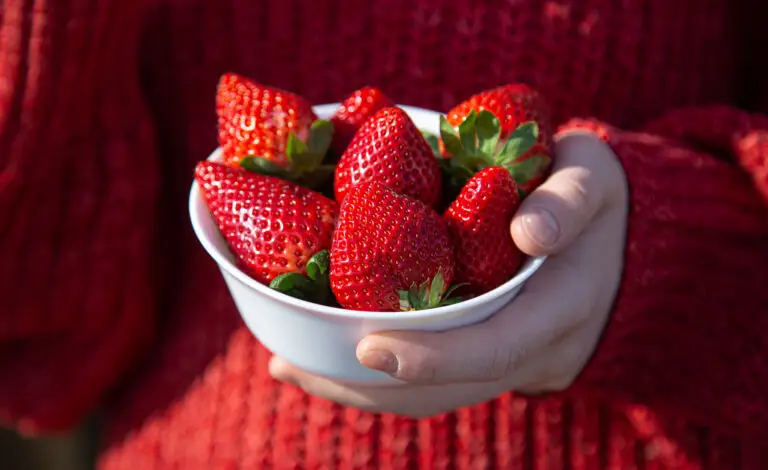
A sweet boost for heart health, strawberries aren’t just delicious—they’re packed with antioxidants, vitamins, and minerals. Their vibrant red color comes from anthocyanins, powerful antioxidants that support heart health.
In fact, a 2016 review found that anthocyanin supplements could help lower LDL (bad) cholesterol levels in individuals with high cholesterol, potentially reducing the risk of heart disease.
For maximum health benefits, enjoy strawberries fresh and raw as a snack, in salads, or as a topping for yogurt or oatmeal. While strawberries often appear in baked goods, these options are typically less healthy due to added sugars and fats. Instead, stick to fresh strawberries for a guilt-free way to boost your wellness.
6.Red cabbage:-
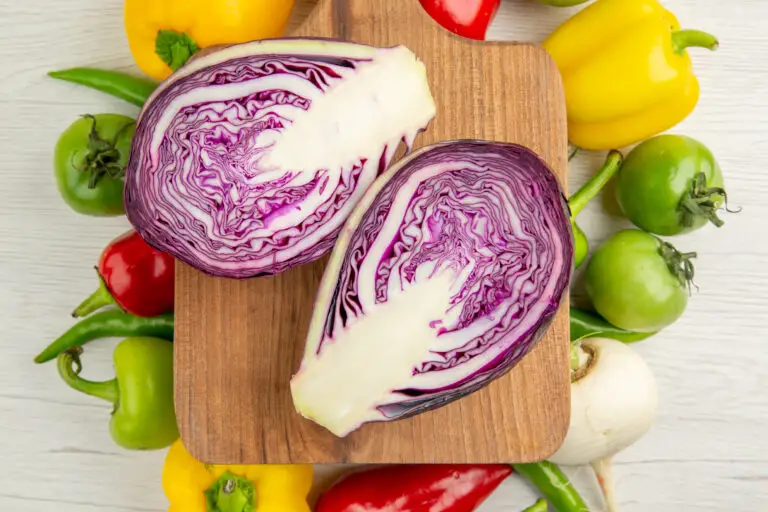
A nutrient-packed superfood for better health, red cabbage is a nutrition powerhouse, loaded with essential vitamins like A, C, and K, as well as a range of powerful antioxidants. One standout group of antioxidants found in red cabbage is anthocyanins—the same compounds responsible for its vibrant red color.
These anthocyanins not only give red cabbage its unique hue, but they also offer several impressive health benefits, including.
- Reduce inflammation throughout the body.
- Fight cancer with their powerful antioxidant properties.
- Manage diabetes and promote better blood sugar control.
- Support weight management by encouraging a healthy metabolism.
- Prevent heart disease by improving cardiovascular .
- red cabbage into your meals is an easy way to boost your overall wellness. You can enjoy it raw in salads, fermented as sauerkraut, or cooked in stir-fries to maximize its health benefits.
7. Raspberries:-
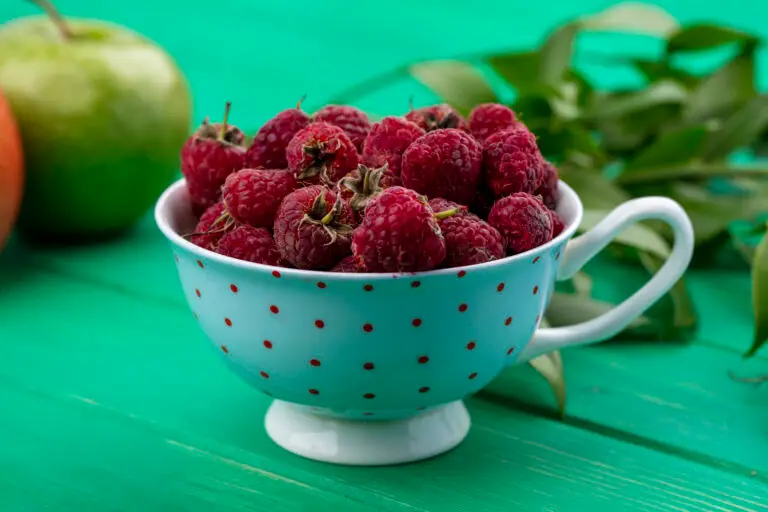
A delicious source of antioxidants and nutrients, raspberries are rich in antioxidants as well as essential nutrients like manganese, vitamin C, and dietary fiber. These powerful antioxidants help protect the body by neutralizing free radicals and supporting overall health.
Some research even suggests that the antioxidants in raspberries may help destroy certain cancer cells. However, since most studies have been conducted in test tubes, more research involving human participants is needed to confirm the potential disease-preventing benefits of eating raspberries.
Including fresh raspberries in your diet is a tasty way to boost your antioxidant intake. You can enjoy them on their own, add them to smoothies, or sprinkle them over yogurt and salads for a delicious, health-boosting treat.
8.Beans:-
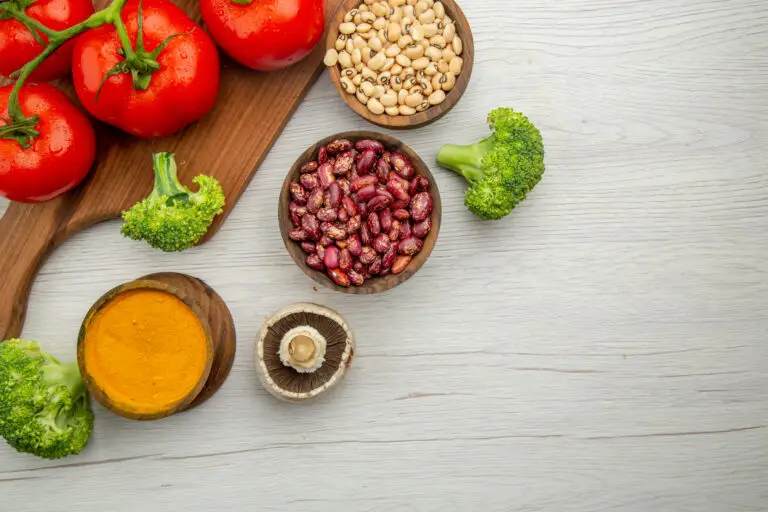
A Nutrient-Rich Superfood for Health
Beans are an excellent source of plant-based protein and dietary fiber, making them a nutritious addition to any diet. In fact, some varieties, such as pinto beans, are also rich in antioxidants.
Pinto beans contain a plant flavonoid called kaempferol, which has been shown to help suppress cancer cell growth and reduce inflammation. Additionally, several studies have linked kaempferol to the suppression of specific types of cancer, including
- Breast cancer
- Kidney cancer
- Lung cancer
- Bladder cancer
Incorporating beans, like pinto beans, into your meals is an easy and delicious way to support your health while helping combat inflammation.
9.Purple or red grapes:-

A Delicious Source of Antioxidants for Health
Purple and red grapes are packed with essential nutrients like vitamin C, selenium, and antioxidants, making them a healthy and tasty addition to your diet.
Two key antioxidants found in grapes—anthocyanin and proanthocyanin—may help protect against heart disease and certain types of cancer. These powerful compounds contribute significantly to the health benefits associated with grapes.
However, while the evidence is promising, more research is needed to fully understand the exact effects of eating grapes on heart health and cancer risk.
Enjoy grapes as a tasty, antioxidant-rich snack, or add them to salads, smoothies, or desserts to boost your overall wellness.
10.Spinach:-
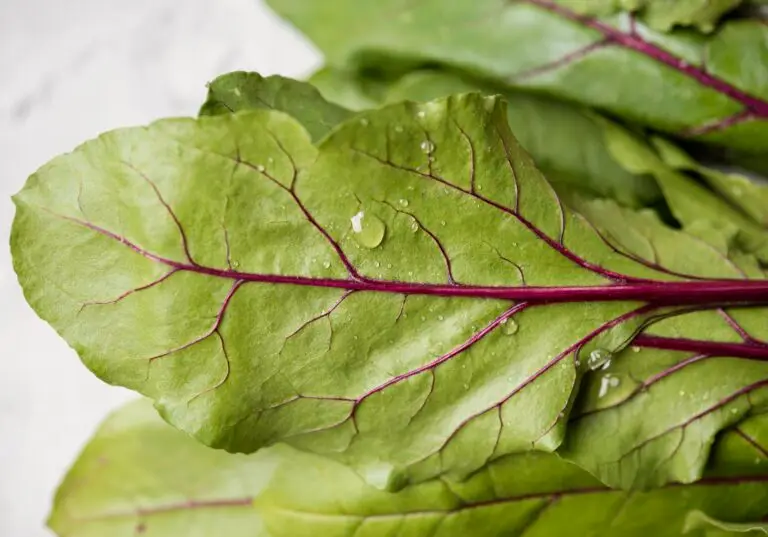
Spinach is a nutrient-packed green, loaded with essential vitamins, minerals, and antioxidants. Because it’s low in calories, it makes a perfect addition to salads, smoothies, and entrees.
Among its many benefits, spinach contains two key antioxidants—zeaxanthin and lutein—that are especially helpful for promoting eye health. These powerful compounds protect the eyes from damage caused by ultraviolet (UV) rays and other harmful light waves, supporting long-term vision health.
Incorporating spinach into your diet is a simple and effective way to boost your nutrient intake while enhancing your overall health.
11.Beets:-
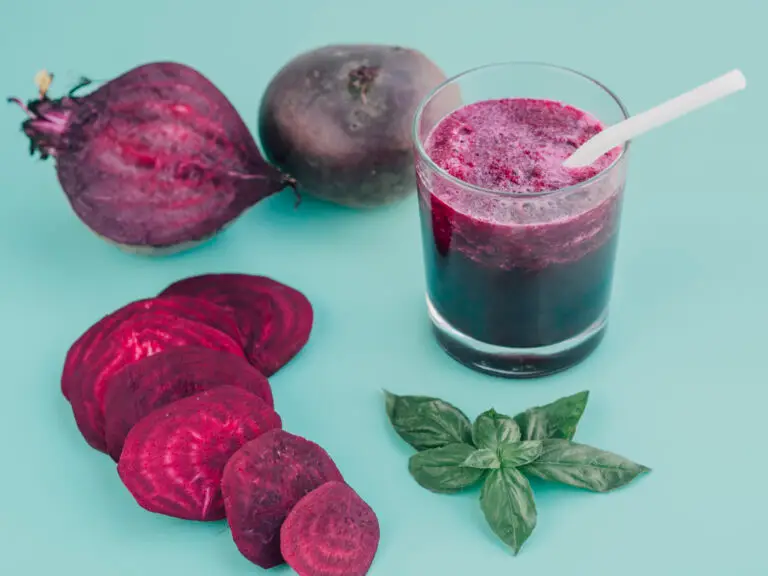
A Powerful Vegetable for Health and Wellness
Beets are vibrant vegetables that are packed with antioxidants, particularly pigments that may help prevent colon cancer and support digestive health.
In addition to their antioxidant benefits, beets are rich in dietary fiber, iron, folate, and potassium. These nutrients work together to support your overall wellness, helping to suppress inflammation and promote heart and digestive health.
Adding beets to your diet is an easy and delicious way to boost your nutrient intake while protecting your body from inflammation and disease.
12.Kale:-
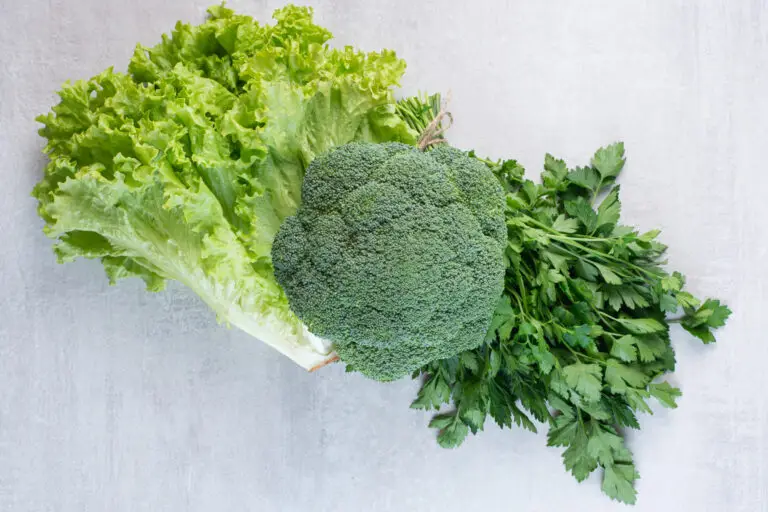
A Nutrient-Dense Superfood for Health
Kale is packed with essential vitamins, including A, C, and K, and is rich in antioxidants, making it a top choice for promoting overall health. This hardy winter vegetable is especially popular in northern regions for its health benefits.
While both green and red kale offer significant health benefits, red kale may have an edge due to its higher content of anthocyanins—antioxidants that support heart health, reduce inflammation, and help protect against certain diseases.
Incorporating kale into your diet is an easy and effective way to boost your nutrient intake while supporting long-term wellness.
13.Orange vegetables:-

A Nutrient-Rich Choice for Health
Several orange vegetables are packed with vitamin A and other essential nutrients. These vibrant vegetables are rich in phytochemicals, which have been shown to help prevent heart disease and protect against cancer.
Some of the top orange vegetables with high antioxidant levels include
- Sweet potatoes
- Carrots
- Acorn squash
- Butternut squash
Incorporating these orange-hued superfoods into your meals is an easy way to support your health and reduce the risk of chronic diseases. For instance, kale is a simple addition to your diet that boosts nutrient intake while supporting long-term wellness. Similarly, orange vegetables such as sweet potatoes, carrots, acorn squash, and butternut squash are nutrient-rich choices packed with vitamin A and other essential nutrients. These vibrant vegetables are also rich in phytochemicals, which have been shown to help prevent heart disease and protect against cancer. By including these superfoods in your meals, you can support your health and reduce the risk of chronic diseases.
Clients Say!
With years of expertise and countless happy clients, we’re committed to delivering quality results you can trust.
